From the negative of just throwing away to the positive of re-use. We coordinate industrial waste disposal methods.
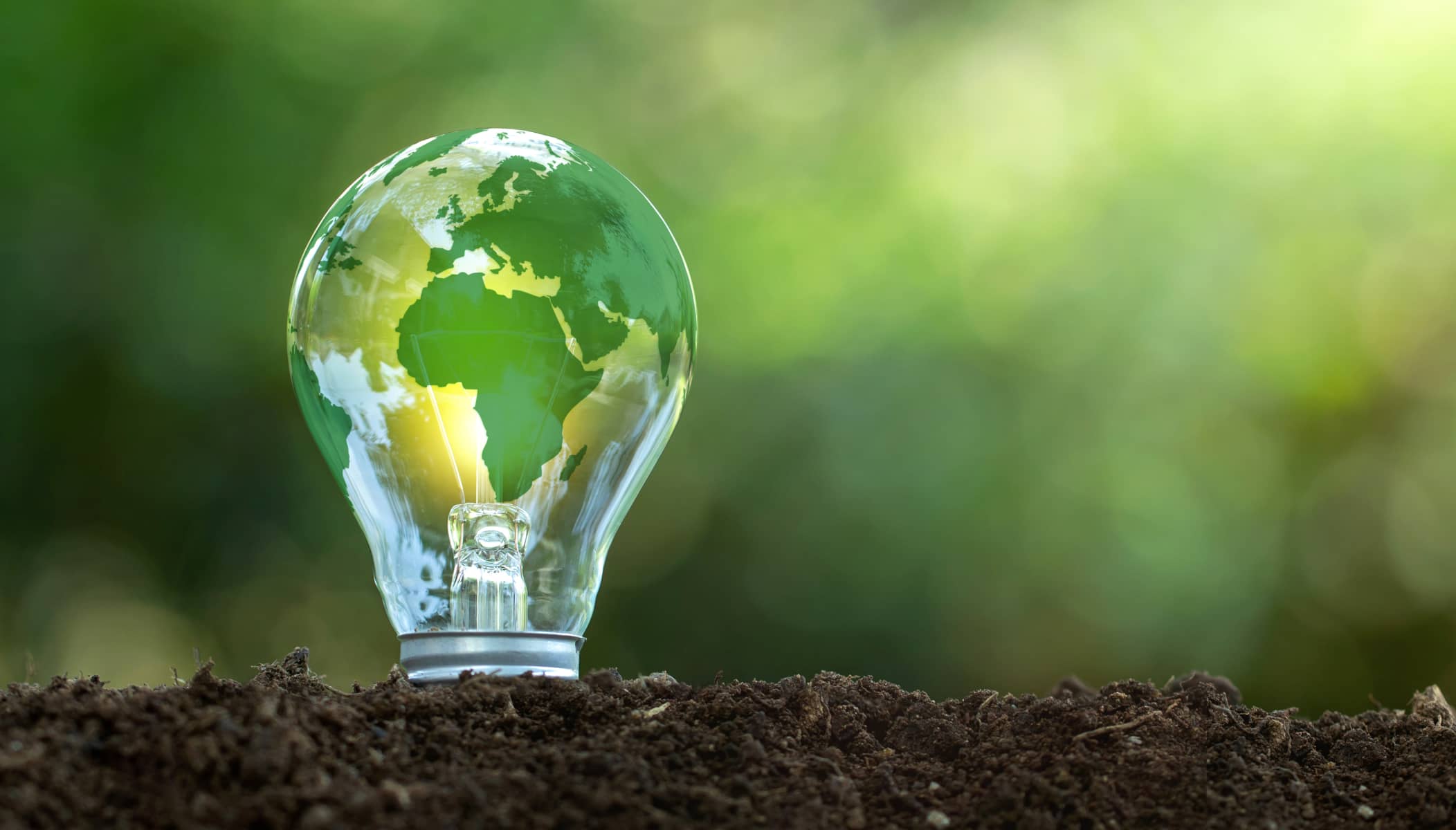
If you are having trouble disposing of industrial waste from production or processing, please consult
us. With our extensive knowledge and network, we can identify needs for industrial waste, significantly
reduce disposal costs, or even turn it into something that can be purchased.
Transform waste that incurs disposal costs into reusable materials. We aim to reduce costs while also
decreasing environmental impact.
STRENGTH
We will propose the optimal disposal methods for your waste.
-
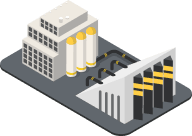
Waste Generators
- Sludge
- Waste Acids and Alkalis
- Soot and Dust
- Waste Oil & Others
-
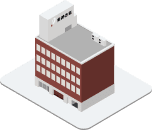
Our Company
- Cost reduction
- Improved recycling
- Securing alternative disposal
- Selection of preferred vendors
-

Collection and Transportation Company
- Vacuum Truck
- Flatbed Truck(Drum & Container)
- UNIC Truck
- Others
-
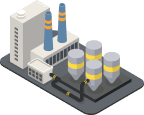
Intermediate Waste Processing Company
- Neutralization
- Incineration
- Mixing and Solidification
- Recycling
- Others
-

Final Waste Disposal Company
- Recycling
- Landfilling
Cost Reduction
In addition to the actual disposal costs, the disposal of industrial waste includes the following operational burdens:
- The items that can be processed are determined by the contents of the disposal contractor's license
- The disposal methods vary depending on the type of waste, and so do the costs
- The transportation requirements, such as the vehicles owned and acceptable load formats, vary by contractor
With appropriate coordination, we can offer proposals that consider comprehensive cost reductions, including these operational costs.
Improvement of Recycling Efficiency
- Fluctuations in the amount of industrial waste generated
- Unstable components and conditions of the industrial waste
Even under such conditions, please consult with us first. With our accumulated knowledge and network, we provide proposals to minimize waste and increase the reuse ratio as much as possible.
Securing Alternative Disposal
- The disposal contractor exceeds its capacity and cannot accept more waste
- The disposal contractor encounters equipment issues and cannot accept waste
- Changes in the components or conditions of the industrial waste prevent acceptance
If the acceptance of industrial waste is stopped for the above reasons, the impact on your business can be significant.
Please consult with us regarding securing alternative disposal options.Identification of Reliable Contractors
It is challenging to select reliable industrial waste disposal contractors:
- Risk of illegal dumping or improper disposal
- Varied administrative processes by contractor (disposal volume reporting, prior consultation, etc.)
- Operational burdens such as site visits and checkpoints require specialized knowledge
Based on our track record and network, we coordinate reliable disposal contractors.
We will identify the value of your waste materials
and propose new applications through intermediate processing.
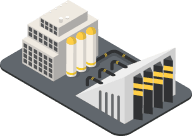
Waste Generators

Development of Uses for Waste Materials
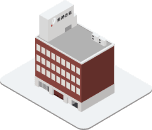
Our Company

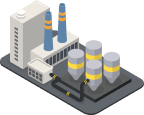
Intermediate Processing Contractor


Toward Developing New Applications
Achievements in Application Development
Byproducts
- Applications
Recycled Soil
- Soil that could only be landfilled, such as industrial waste and contaminated soil, is recycled into base course material.
Aluminum Sludge
- Sold as raw material for aluminum-based coagulants
- Sold as raw material for ceramic industry
- Dried and sold as chelating agent raw material for incinerator fly ash treatment
- Reused as raw material for base course material
Steel Pickling Waste Liquid
- Sold and reused as raw material for iron-based coagulants
Fatty Acid Manufacturing Waste Liquid:
- Sold as raw material for fertilizer intermediates
- Sold as raw material for alloys
Waste Solvent
- Sold and reused as recycled fuel
- Sold as raw material for recycled solvents through distillation and separation
TRANSACTION FLOW
- On-Site Confirmation
- Confirmation of emission flow, packaging, and collection locations
- Hearing of issues and requests
- Sample Testing
(Approximately 3 weeks)- Collection of samples (ideally 1kg per sample, 2-3 samples)
- Analysis and testing at each candidate processing site
- Reporting of results
- Proposal and Quotation
- Presentation of processing unit costs for each processing site
- Presentation of collection and transportation costs
- Contract Conclusion
- Conclusion of contracts with the most suitable processing sites and collection/transportation companies
- Direct contracts between the waste generator and the contractor
- Tripartite memorandum
- Start of Collection, Transportation, and Processing
- Coordination of desired collection dates and vehicle dispatch
- Aftercare
(Audit and trouble response)- Regular audits
- Proposals for alternative processing sites in case of any issues or emergencies